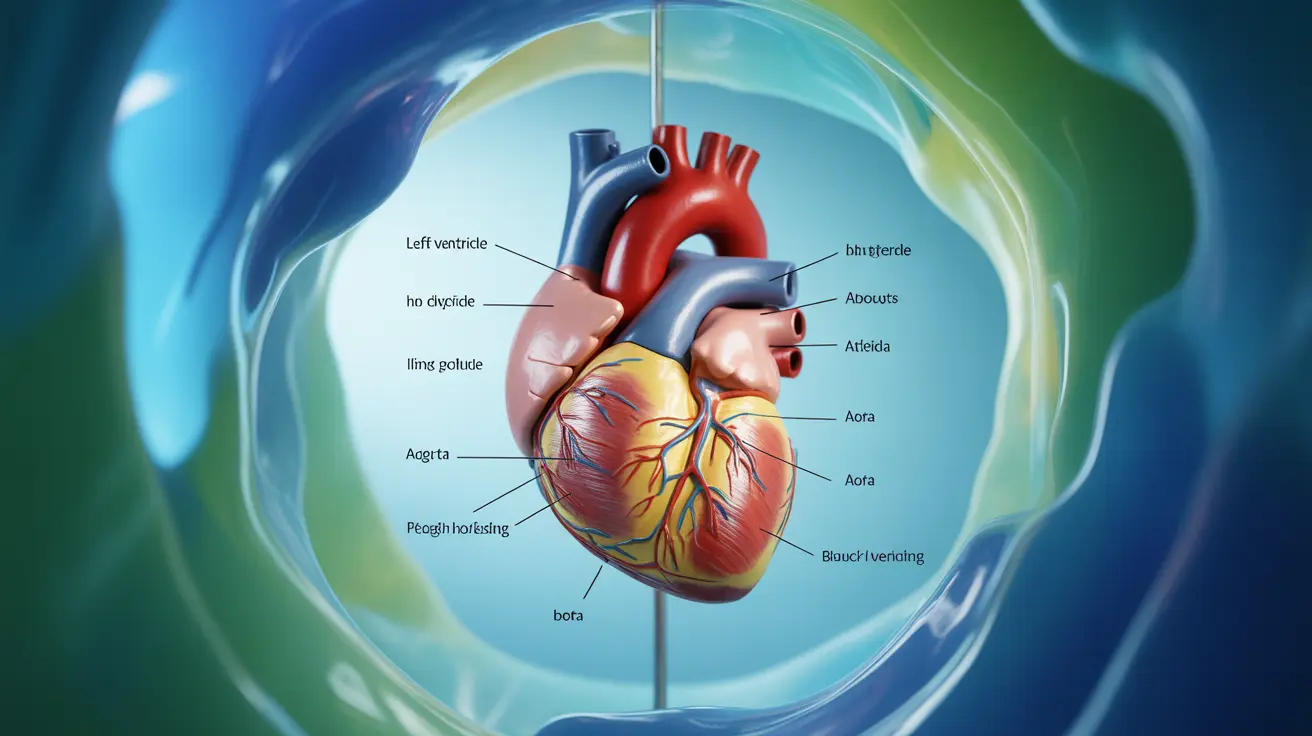After receiving a COVID-19 vaccine, some individuals may experience changes in their heart rate or rhythm. While these occurrences are generally rare, understanding the potential cardiovascular effects of COVID-19 vaccines is crucial for making informed healthcare decisions and knowing when to seek medical attention.
This comprehensive guide explores the relationship between COVID-19 vaccines and heart rate changes, helping you understand the risks, recognize important symptoms, and know how to respond if you experience cardiac-related side effects.
Understanding Heart Rate Changes Post-Vaccination
When the body receives any vaccine, including COVID-19 vaccines, it triggers an immune response. This natural process can sometimes lead to temporary changes in heart rate as part of the body's normal inflammatory response. Most of these changes are mild and resolve on their own within a few days.
Common Cardiac Side Effects and Their Frequency
The most frequently reported cardiac-related effects after COVID-19 vaccination include:
- Temporary increased heart rate
- Heart palpitations
- Chest discomfort
- Irregular heartbeat sensations
These symptoms typically appear within a few days of vaccination and usually resolve without intervention. According to current medical data, serious cardiac complications are extremely rare, occurring in only a few cases per million doses administered.
Identifying Serious Symptoms
While most heart rate changes after vaccination are mild, certain symptoms warrant immediate medical attention:
- Severe chest pain or pressure
- Difficulty breathing or shortness of breath
- Persistent rapid or irregular heartbeat
- Fainting or near-fainting episodes
- Unusual fatigue or weakness
Risk Comparison: Vaccine vs. COVID-19 Infection
Research consistently shows that the risk of cardiac complications is significantly higher from COVID-19 infection than from vaccination. COVID-19 infection can lead to severe cardiovascular complications, including myocarditis, pericarditis, and long-term heart damage.
Managing Heart Rate Changes
If you experience mild heart rate changes after vaccination, these strategies may help:
- Rest and avoid strenuous activity
- Stay well-hydrated
- Practice relaxation techniques
- Monitor your symptoms
- Consult with healthcare providers if concerned
Frequently Asked Questions
What causes a rapid heart rate after receiving a COVID-19 vaccine?
A rapid heart rate after vaccination typically occurs due to the body's immune response. The vaccine triggers inflammation and immune system activation, which can temporarily affect heart rate and rhythm. This is usually a normal response and not cause for concern.
How common is heart arrhythmia or myocarditis after COVID-19 vaccination with mRNA vaccines?
Serious heart complications like myocarditis after mRNA COVID-19 vaccines are very rare, occurring in approximately 1-5 cases per 100,000 vaccinated individuals. These cases are most commonly observed in young males under 30 years old.
What symptoms should prompt me to seek medical attention for heart problems after a COVID-19 vaccine?
Seek immediate medical attention if you experience severe chest pain, difficulty breathing, persistent rapid or irregular heartbeat, fainting, or severe weakness. These symptoms could indicate a more serious condition requiring evaluation.
How does the risk of heart complications from COVID-19 vaccines compare to the risk from actual COVID-19 infection?
Studies show that the risk of heart complications is significantly higher from COVID-19 infection compared to vaccination. The infection can cause severe cardiovascular damage, while vaccine-related cardiac effects are typically mild and temporary.
What treatments or management options are available if I experience a rapid heart rate or arrhythmia after a COVID-19 vaccine?
Treatment depends on symptom severity. Mild cases often resolve with rest and monitoring. More serious cases may require medical intervention, including medication or additional cardiac evaluation. Always consult healthcare providers for personalized treatment recommendations.




